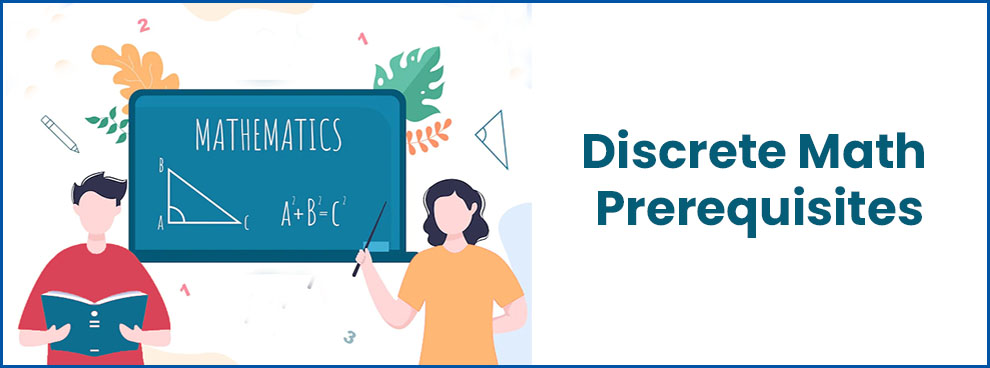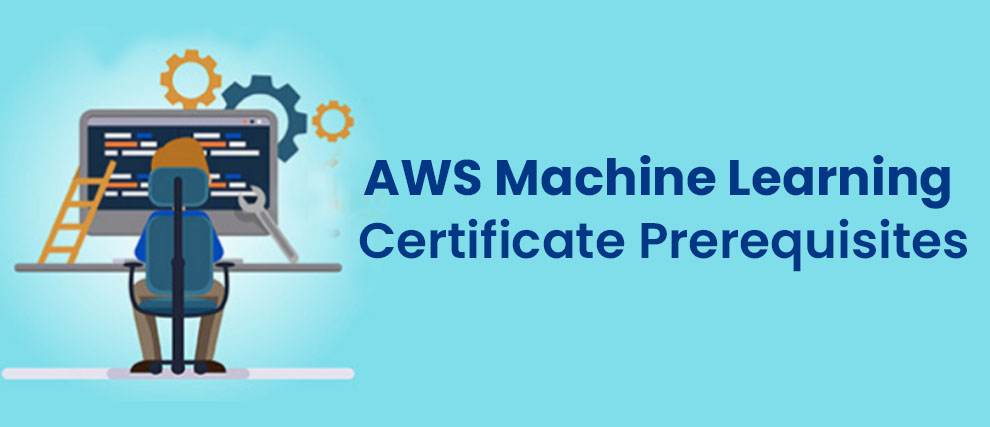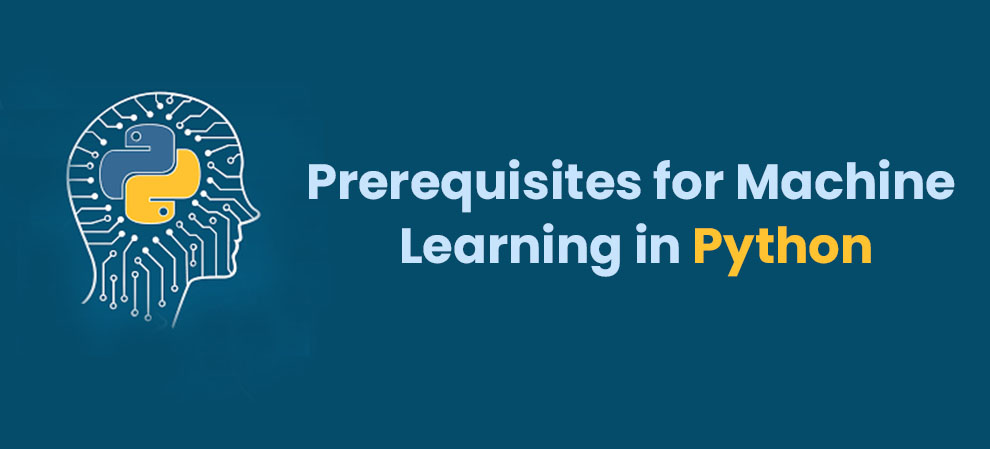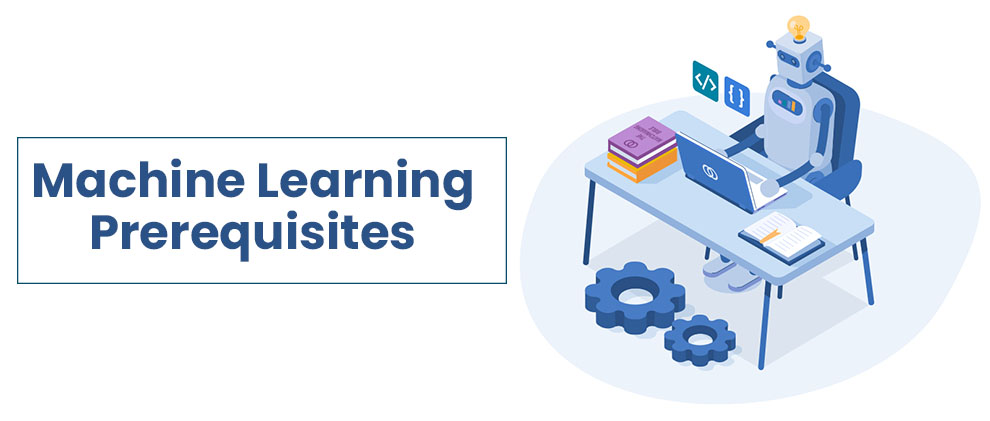Linear algebra, pre-calculus, & geometry are generally required by universities as a prerequisite to learning discrete mathematics
‘Discrete’ is the opposite of continuous, hence discrete math deals with mathematical concepts that are countable and can be considered only as separated and distinct values.
Today discrete math has become the backbone for studying data science, machine learning, software engineering, and much more. So, taking up a discrete math class has great scope for your career. But to have a strong base of discrete math principles, do you need any prior knowledge?
As such, there are no true discrete math prerequisites. If you have math maturity, you can excel in discrete math. However, some math pros suggest that any student with a proficient understanding of precalculus, geometry, and algebra will ace discrete math much faster than others.
We will address all of these subjects below and also tell you their importance in learning discrete math.
Do You Fulfil These Discrete Mathematics Prerequisites?
Discrete Math is an excellent tool for bettering learners’ problem-solving abilities and reasoning. Under this, you will learn several things, such as mathematical logic, sets, counting theory, group theory, relations and functions, recurrence relations, mathematical induction, probability, Trees and Boolean algebra, and graph theory.
But to harness the power of discrete math, you need to understand the following:
1. Precalculus
We all know that knowledge of precalculus is the stepping stone for understanding calculus. In the near future at a higher level of education, you are bound to study calculus with discrete math. So, having prior knowledge of precalculus comes as a great benefit.
Among the different prerequisites for discrete mathematics, precalculus is not the tricky one because it does not assume you to know anything beyond basic arithmetic knowledge. The major portions covered under precalculus are algebra, trigonometry, vectors, matrices, functions, modeling, etc.
However, please understand that acquiring Precalculus knowledge can overwhelm you because that would be your first exposure to real math. But it is doable. Following this, you can take discrete math and calculus simultaneously.
2. Linear Algebra
In all honesty, you can learn discrete math with or without linear algebra. However, in some courses, the knowledge of linear algebra can prove to be one of the beneficial as it can make the entire session more straightforward.
Consequently, in the long term, the topics taught in linear algebra in collaboration with discrete math concepts work towards solving a bigger problem.
Keep in mind while selecting a discrete math course that, if linear algebra forms one of the quintessential discrete math prerequisites, you should assess how challenging that course is. If it is not very rigorous, you can take algebra class alongside Precalculus.
3. Programming Fundamentals
Many of you might argue that knowledge of programming never comes in handy in discrete math. Of course, you can go ahead with discrete math sans programming knowledge, but it will be a choppy road ahead.
Logic and Boolean algebra are the heart of discrete math and programming. In discrete math, you will sparingly study proof writing, and these proofs are like the pseudocode framework you use in programming algorithms.
Data structures and arrays are similar to trees, matrices, and sets, and Recursion is like Loops. So, both programming and discrete math are somehow interrelated, and knowledge of one will help in the other.
But, it also means that it is not a real prerequisite. You can take the two in any order (before/after the other) because you will find the primary areas of study from one in the other.
4. Geometry
Discrete mathematics and geometry are imperative in fundamental mathematics research and applications. They both are elementary for theoretical understanding, orderings composition, and situation analysis.
As a classical mathematics discipline, geometry studies the interaction between objects in a given space. Discrete mathematics offers structure to the different variations wherein the objects stand about the other.
Almost every geometry aspect, from elementary to combinatorial, differential, and algebraic geometry, help in your discrete math learning. Further, geometrical understanding involving the relative object position also proves instrumental.
With these sub-areas, it becomes easier to see the research themes as a whole, incorporating several aspects, purely analytic, algebraic, and geometric viewpoints, and the discrete perspective.
Frequently Asked Questions
Ques 1. Can I take discrete math without calculus?
Ans. Yes, you can start a discrete math course without calculus knowledge, provided you are well-versed in Precalculus. However, note it is a subjective answer because some universities teach you rigorous discrete mathematics. In that case, you will need calculus as one of the necessary discrete mathematics prerequisites.
Ques 2. What level of math is discrete math?
Ans. Discrete math, abstract algebra, and calculus all form the core mathematics components at the undergraduate level.
Ques 3. Is discrete math the same as coding?
Ans. They are not necessarily the same, but indeed interdependent. Discrete math is the foundation of computer science. It delves into reasoning methods, studied with math notations.
Hence, pros suggest that it is best to teach discrete math and programming together, ensuring the computing methods and concepts turn into executable programs.
Ques 4. What majors use discrete math?
Ans. The following majors employ discrete math:
- Computer Science
- Data Science
- Actuarial Science
- Financial Mathematics
- Cryptography
- Engineering
- Computer Graphics
- Economics
Summing up…
So, it is not wrong to say that learners with a foundational knowledge of linear algebra, geometry, and precalculus will be more comfortable with a discrete math course. In addition to these, if you know a thing or two about programming, it is a complete win-win for you.





